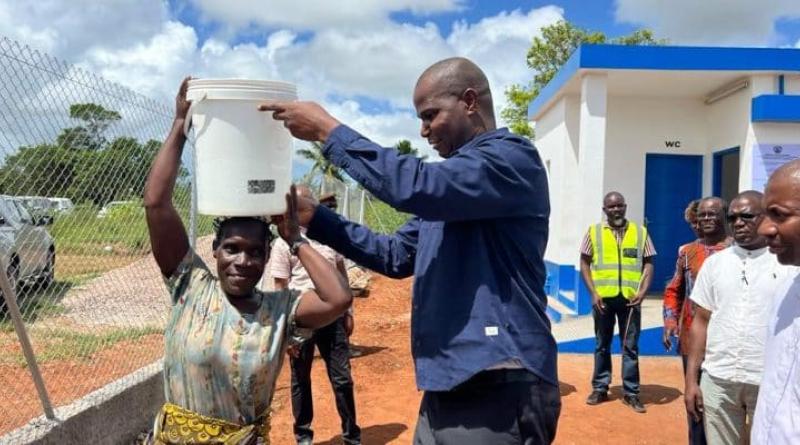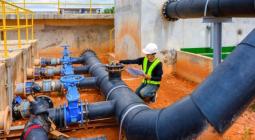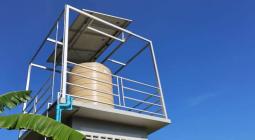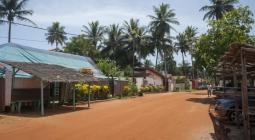Since March 22, 2023, a drinking water supply system has improved service to 1,700 people in Massafane, a township in the Inharrime district of Mozambique. The new facilities were inaugurated by the Governor of Inharrime, Daniel Chapo.
An additional 1,700 people in the Inharrine district of Mozambique are now being supplied by a new drinking water supply system. The water system in Massafane Township was inaugurated on March 22, 2023 by the Governor of Inharrime, Daniel Chapo. This was on the sidelines of the celebration of World Water Day in this East African country.
The objective is to strengthen the supply of drinking water in this part of the country, which is facing shortages. The AEP includes two boreholes equipped with electric pumps. The two stations are capable of pumping between 7 and 15 m3 of water per hour. The water pumped from the water table is stored in two elevated tanks of 30 m3 each.
A component of the PRONASAR
The drinking water is distributed to the population through an 8 km network, which also supplies the neighboring populations of Massafane. The work was financed under the National Rural Water Supply and Sanitation Program (PRONASAR). Launched in 2010, the initiative aims to reduce poverty in rural areas by improving drinking water and sanitation services.
According to a 2019 report by the Netherlands Development Organization (SNV), PRONASAR has already resulted in the construction of 250 drinking water systems and 21,300 water sources. At least 700,000 latrine blocks have been built and rehabilitated, reducing open defecation in 4,000 rural communities in Mozambique.
Read Also – AFRICA: Resource and source of life, water at the heart of sustainable development
Between 2019 and 2030, the program aims to increase the proportion of the rural population with access to water from 45.4% (8.8 million people) in 2019 to 77% (16.3 million people) by 2024 and 100% by 2030. The goal is also to increase access to sanitation from 28% (5.4 million people) in 2019 to 71.6% (15.2 million people) by 2024 and 100% by 2030.
Inès Magoum






